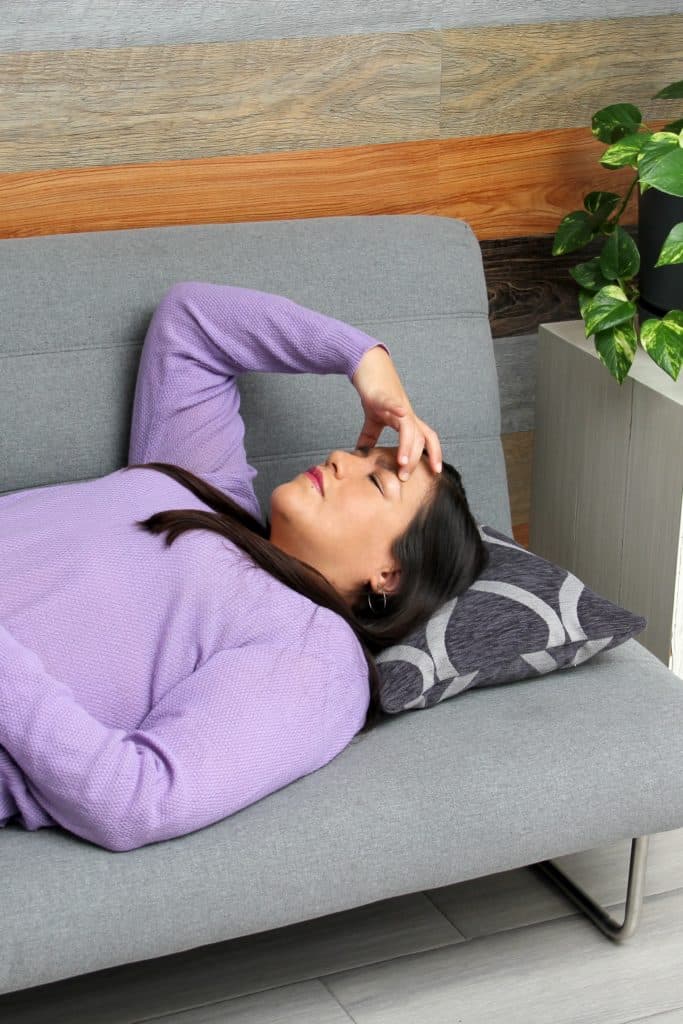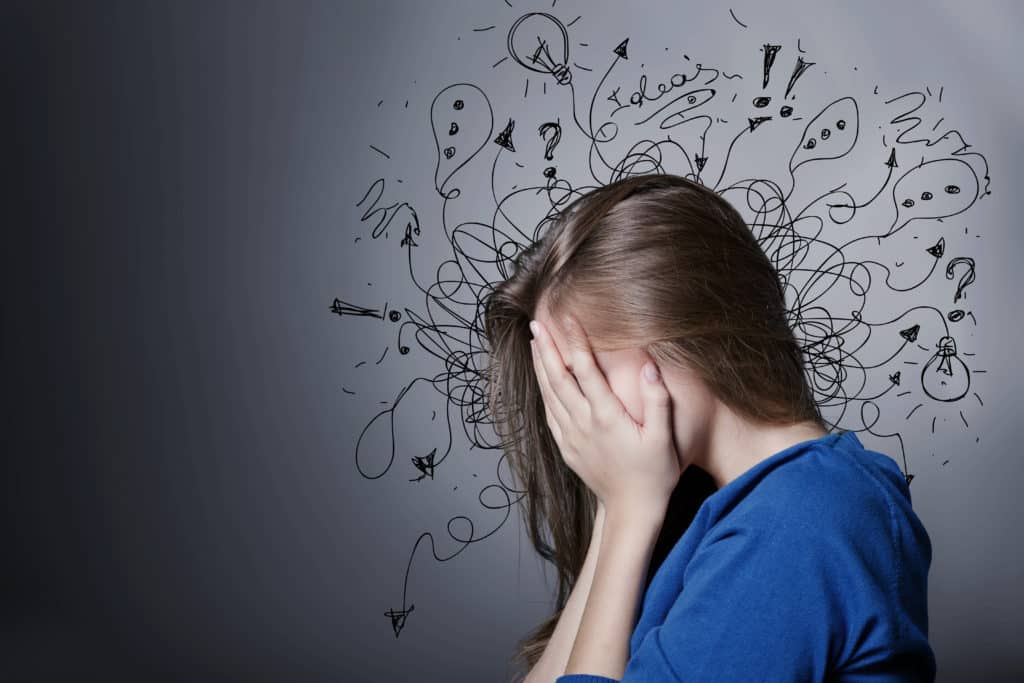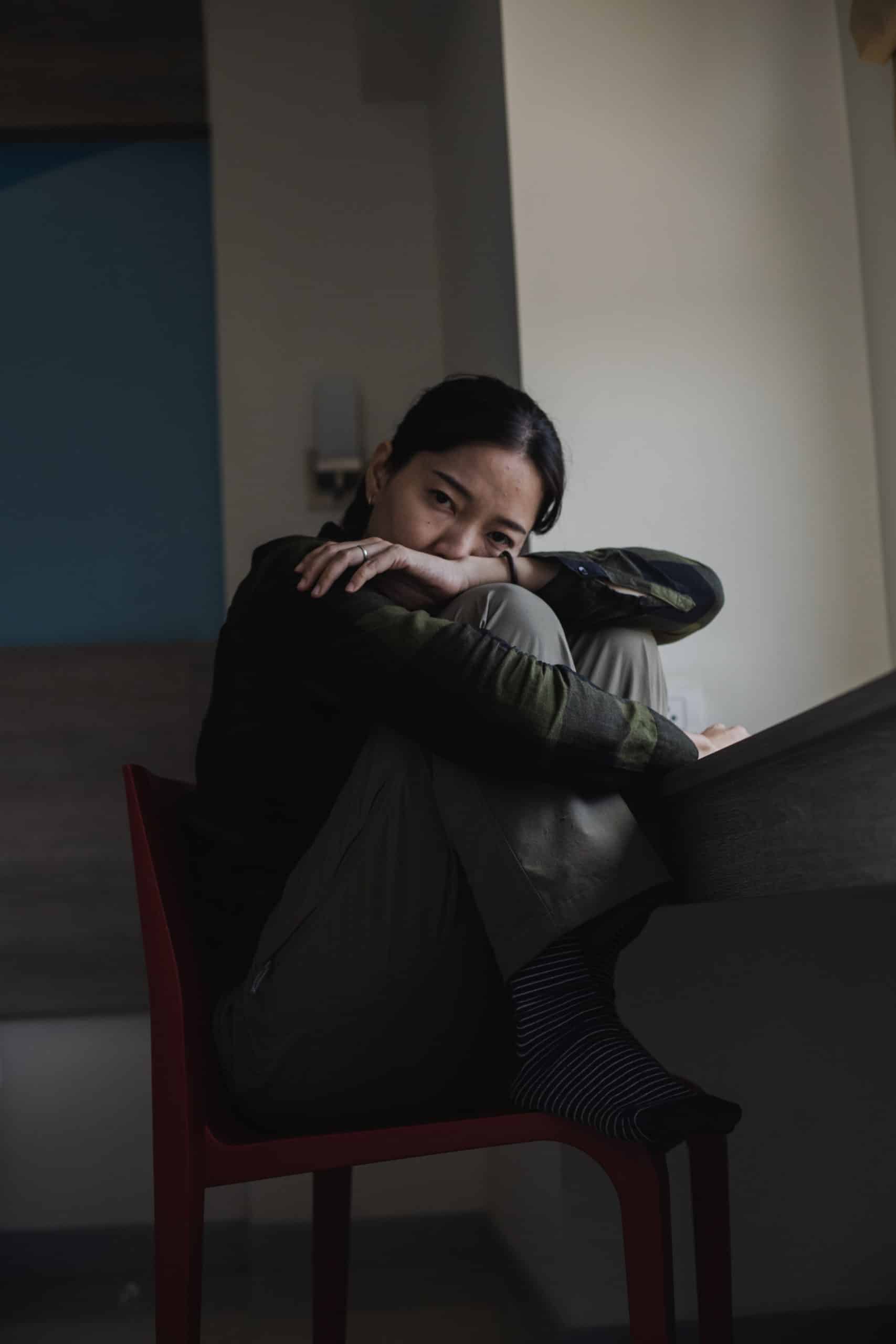
Anxiety Disorders
What is an Anxiety Disorder?
While feeling anxiety under specific circumstances like a presentation at work is something everyone goes through, an anxiety disorder is a legitimate mental health disorder, one where your anxiety doesn’t have a direct link to a stressful event or circumstance.
With an anxiety disorder, your symptoms can interfere with daily life, making it difficult to go to work, maintain family relationships, or fulfill personal and professional responsibilities.
- Generalized anxiety disorder affects 3.1% of the population, and of those, only 43% get any Tri-State anxiety treatment.
- Panic disorders impact 2.7% of the population. Women are twice as likely to struggle with panic attacks compared to men.
- Social anxiety disorder affects 7.1% of the population, and often starts around the age of 13. One-third of people with social anxiety disorder wait ten years or longer before getting help.
- 9.1% of the population struggles with phobias, symptoms for which can begin around the age of 7. It is common for people with phobias to also experience OCD and PTSD.











